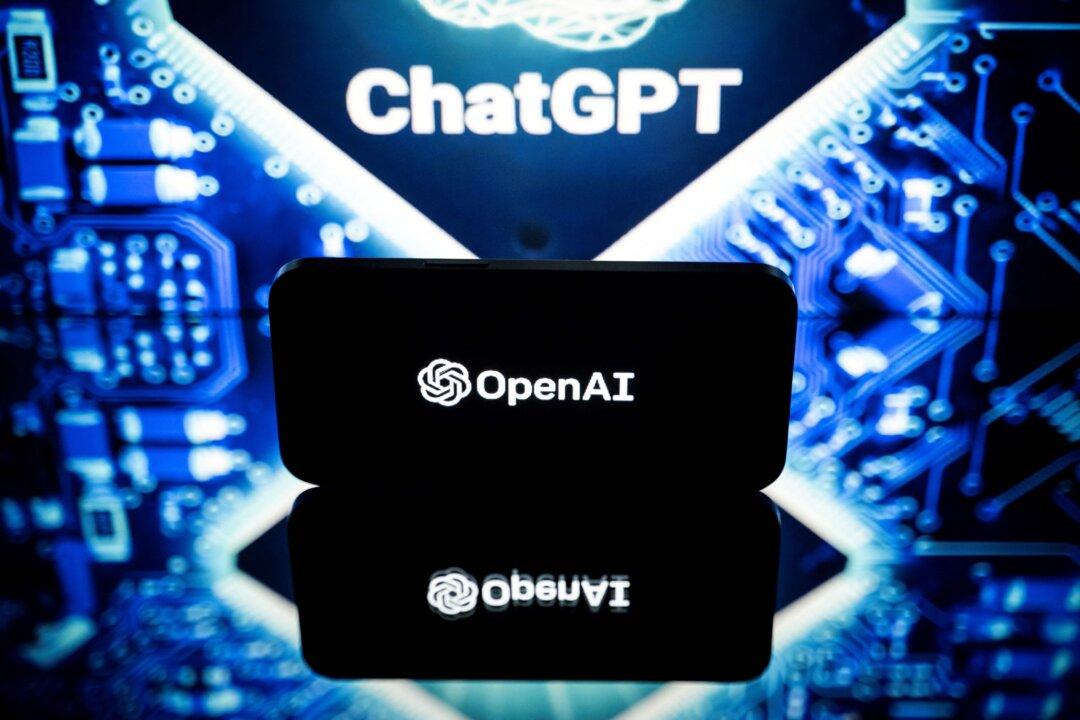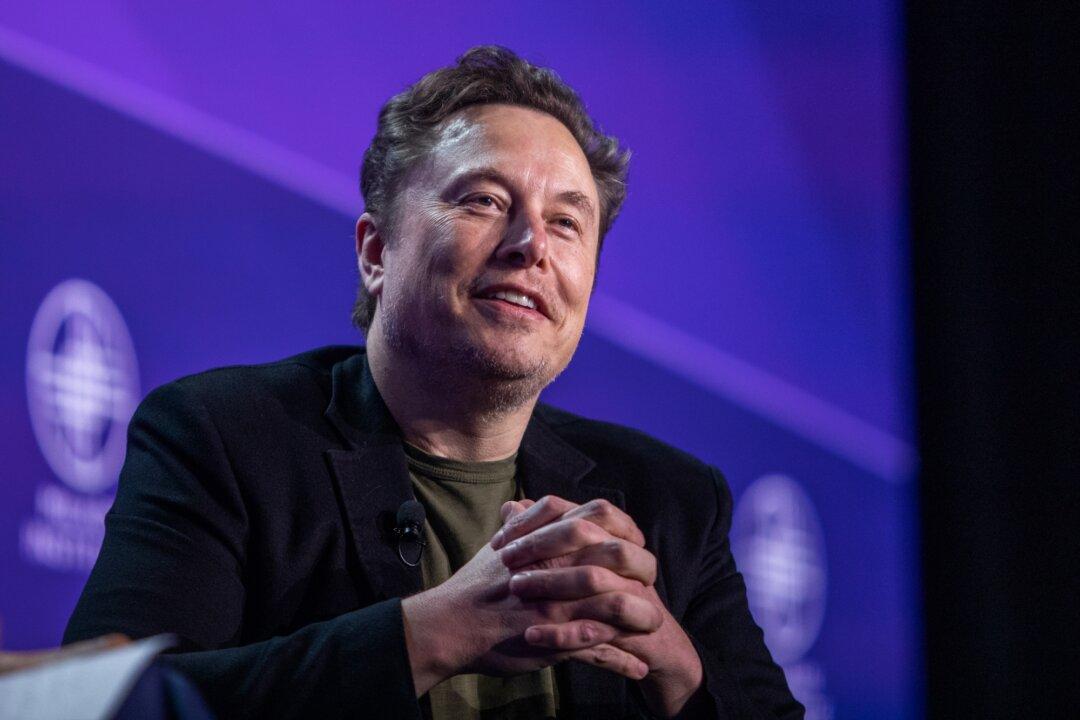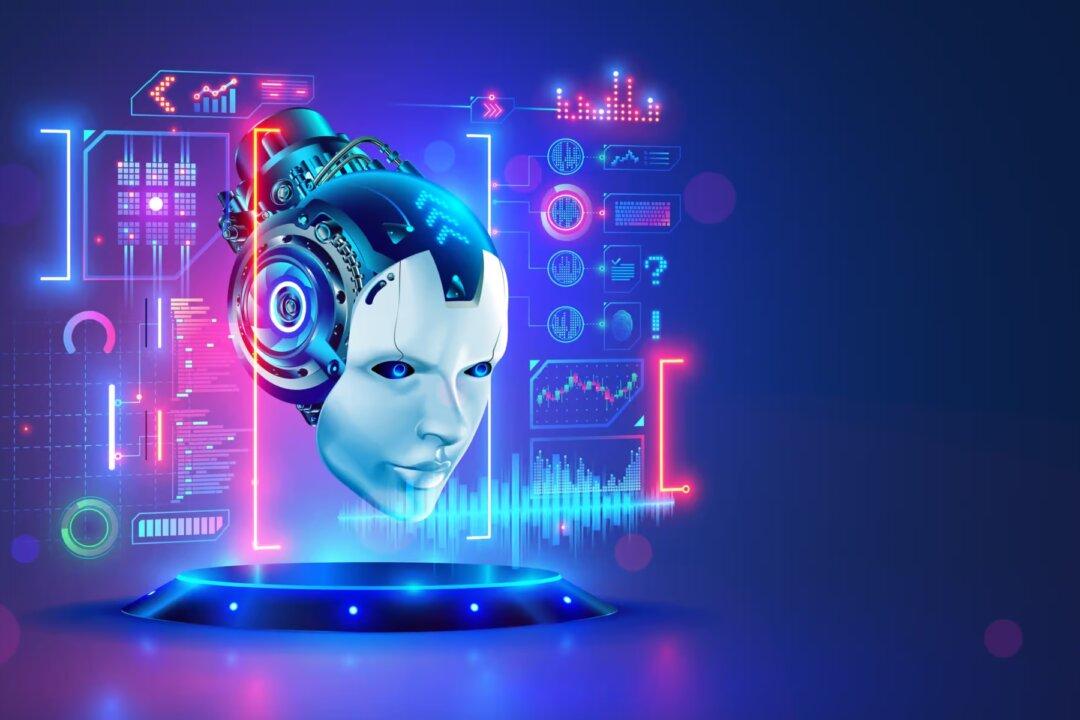As research laboratory OpenAI drives artificial intelligence (AI) forward with ChatGPT, AI-related issues such as leaks and privacy concerns have surfaced, further driving unease over what the technology can do.
Due to such concerns related to ChatGPT, the Italian Data Protection Authority officially suspended the use of the AI chatbot in Italy on March 31, making it the first Western nation to do so.






